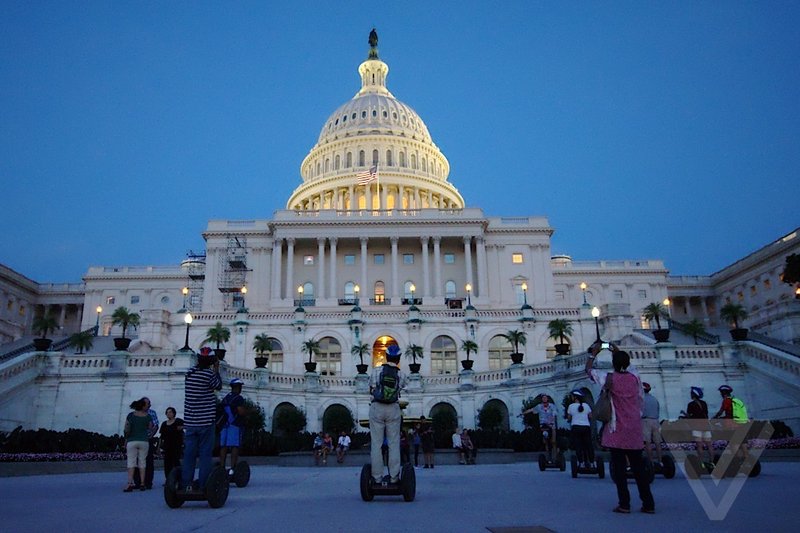The FBI has asked the US Congress to legally weaken the protection of iOS and Android devices

On Habré recently published a note that the FBI is against encrypting user data on smartphones. In particular, the FBI director James B Koumi (James B Comey) made a speech on October 16 at the Brookings Institution (Washington), trying to convey to the legislature and the public the point of view of the security organs.
As far as one can understand, neither of them did not penetrate, and now the FBI has asked the Congress to legally weaken the protection of mobile devices and applications. Namely - to amend some laws, allowing (or rather, forcing) manufacturers to leave loopholes in the software of smartphones and tablets, for state security agencies.
')
In particular, we are talking about the law CALEA (Communications Assistance for the Law Enforcement Act), adopted in 1994. In this law, landline telephone operators obliged to leave the possibility for security agencies to connect to any lines.
In this law, for obvious reasons, there is no mention of wireless data transmission, encryption on cell phones and other new types of communication and protection against eavesdropping. The result is that the authorities have the legal right to receive information from telecom operators, but in many cases there is no technical ability to listen to the right channel of communication. “We have the legal right to intercept and listen to communications and receive information on a court order, but often there is no technical ability to do this,” said the FBI director in the aforementioned appeal.
Interestingly, earlier Koumi opposed all sorts of backdoors, advocating the introduction of a transparent procedure for connecting security agencies to individual devices and communication channels. Now, it seems, his position has changed.
The FBI is asking Congress to change CALEA, adding a few amendments that would leave a loophole for the FBI, NSA and other comrades, a loophole that allows you to listen to communication lines and individual devices.
Some politicians in the United States have already opposed such innovations. But the battle seems to be just beginning.
Via theverge
Source: https://habr.com/ru/post/241325/
All Articles